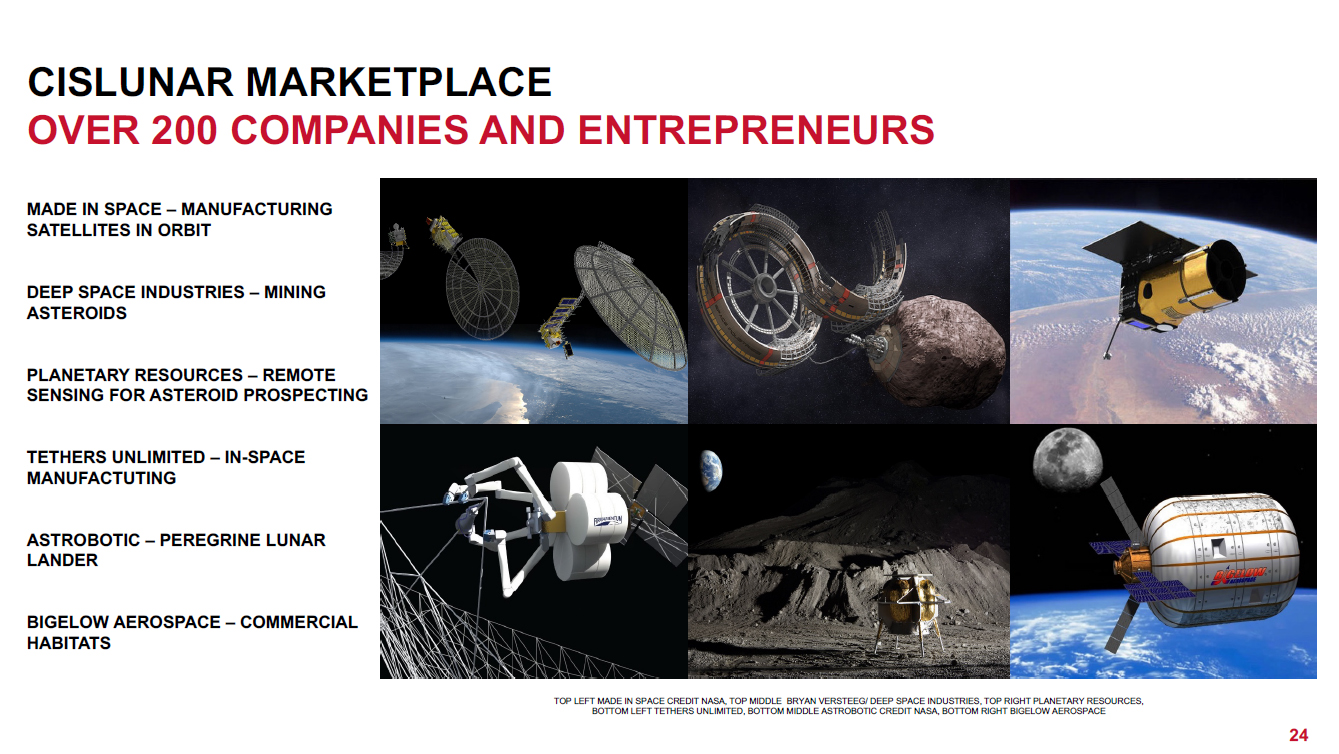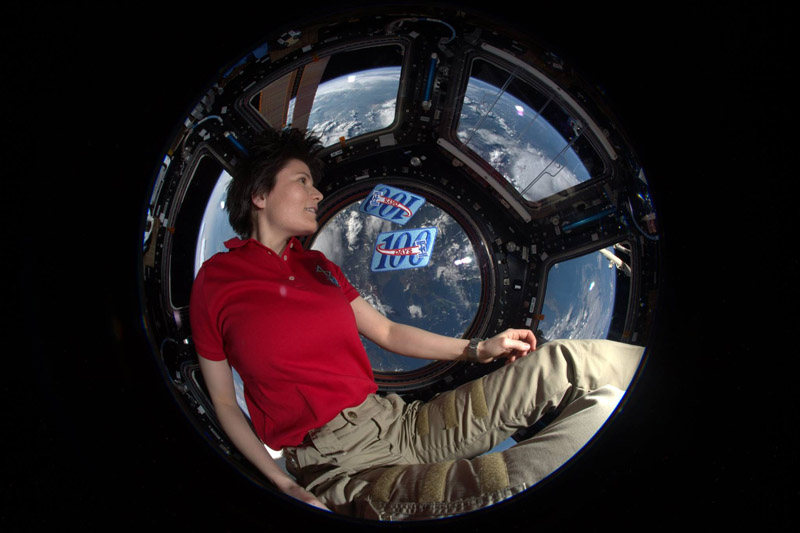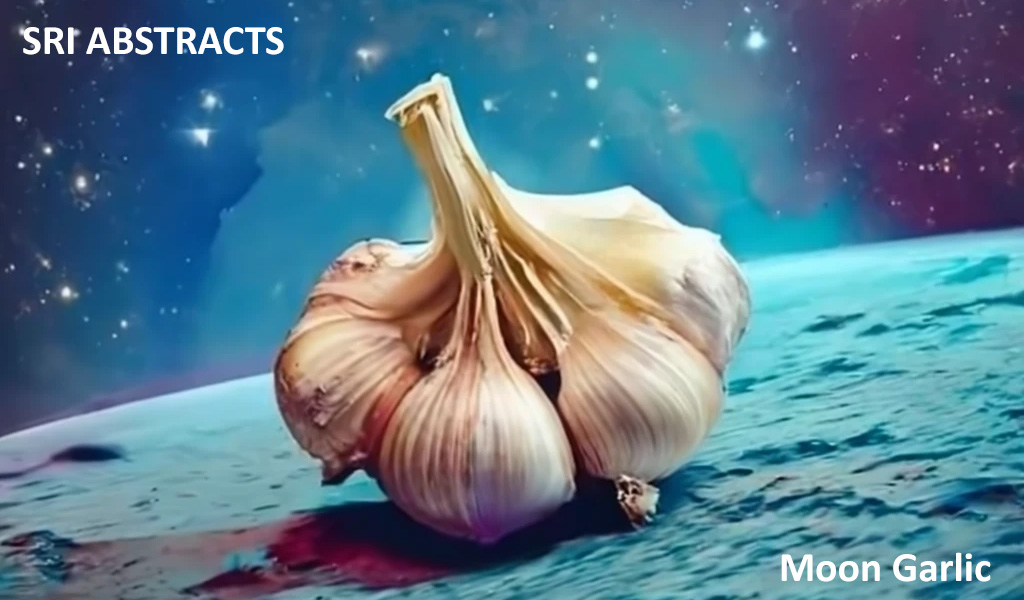SpaceCom, the Space Commerce Conference and Exposition, supported by NASA’s Johnson Space Center, since it’s beginning in 2015 has become one of the most important events in the United States, dedicated to commercial applications of space technologies. Concluding a very intense 2018, in which SRI participated in several important space events — the Space Renaissance Italia 2nd National Congress in May at INAF in Bologna, UNISPACE+50 in Vienna, IAC 69th in Bremen — we participated to Spacecom 2018, November 27th and 28th, in Houston, TX USA. Continue reading →
Virgin Galactic
WELCOME BACK SAMANTHA!… AND WHEN WILL WE TAKE OFF?
Samantha Cristoforetti is safe back on Earth, after personal record of 200 days in space.
Turin, June 11, 2015 – Today is a day worthy of celebration. AstroSamantha has returned to Earth after a historic stay on board the International Space Station. Welcome back Samantha, and thank you for the scientific, popular and human commitment that you have demonstrated.
It seems logical, however, to ask some questions of the space agencies:
- Why, 54 years after Yuri Gagarin’s first flight in orbit, are there still no space transportation services for civilian passengers?
- Why is space flight still, in effect, accessible only to military astronauts, and to a few “tourists”, able to spend $30 million after signing a total liability release?
- Why do we still not have fully reusable spacecraft, 46 years after the NASA X15 space plane was developed and made 200 flights at suborbital altitude? Why did NASA stop this very promising line of development, despite the huge number of studies in the ‘70’s, proving fully reusable two-stage vehicles, are technologically feasible?
- Why today, to reach the Space Station, are we using the same machine, Soyuz, whose first flight was 25 years before the space shuttle, in 1966?
- Why are courageous enterprises, like Space X, Virgin Galactic, Bigelow, ShipInSpace and others left to their own devices to attempt to downsize the cost of Earth-Orbit transportation, and are, in fact, opening the space frontier to private activities and to civilian passengers?
- Should it not be the main objective of space agencies and governments, to boost the recovery of the world economy, to create opportunities and jobs for young people?
- And why is the so-called “Astronautic Club” still restricted to the US, Russia and China, while Europe has given up developing its own orbital vehicle suitable for transporting humans into space?
We will try to answer these and other questions during our next conferences:
- in Dornie (Scottish Highlands), July 11th, on the occasion of the founding of the SRI UK Chapter
- in Torino (Italy), at Politecnico University, October 7th, during the conference: “THE RISING INDUSTRY OF THE CIVILIAN SPACE FLIGHT”
- at the 2016 SRI World Congress “SPACE, NOT WAR!”; see the call to action
The development of civilian astronautics can create millions of new skilled jobs, and in this scenario, opportunities for integration of young graduates and undergraduates in the working world will be increased by several orders of magnitude: space planes, orbital hotels, factories and yards for space vehicles assembly and logistics infrastructures, energy and manufacturing, toward the geo-lunar space industrialization. A thrilling perspective, toward which Space Renaissance is working hard, with its restless public support.
BECOME ONE OF OUR MEMBERS: REGISTRATIONS ARE OPEN
To register, simply visit www.spacerenaissance.space, the membership registration page
Membership offers the following advantages:
- A membership card 2015 Space Renaissance International
- The right to vote in plenary meetings of the Space Renaissance International
- Invitations and possibilities for active participation in the organization’s initiatives, conferences, seminars, annual projects, call for papers, etc.
- Privileged access to conventions and congresses of the Space Renaissance International
- The free access to much of the material produced by SRI
We conclude with our warmest congratulations to AstroSamantha, for her great contributions to experiments performed on the ISS, and also for being able to talk to and with the people, especially the younger ones, during her stay in orbit. It is because of people like this that space is a bit more accessible to the general public. We invite you warmly to join our initiative, as many of your colleagues did, a task of great dissemination of accessibility to the space, for future generations.










 Space Renaissance France (French Chapter of SRI)
Space Renaissance France (French Chapter of SRI)  Space Renaissance USA, Inc. (USA Chapter of SRI)
Space Renaissance USA, Inc. (USA Chapter of SRI) Space Renaissance (Italian Chapter of SRI)
Space Renaissance (Italian Chapter of SRI) Space Renaissance Academy
Space Renaissance Academy Space Renaissance Initiative Group
Space Renaissance Initiative Group